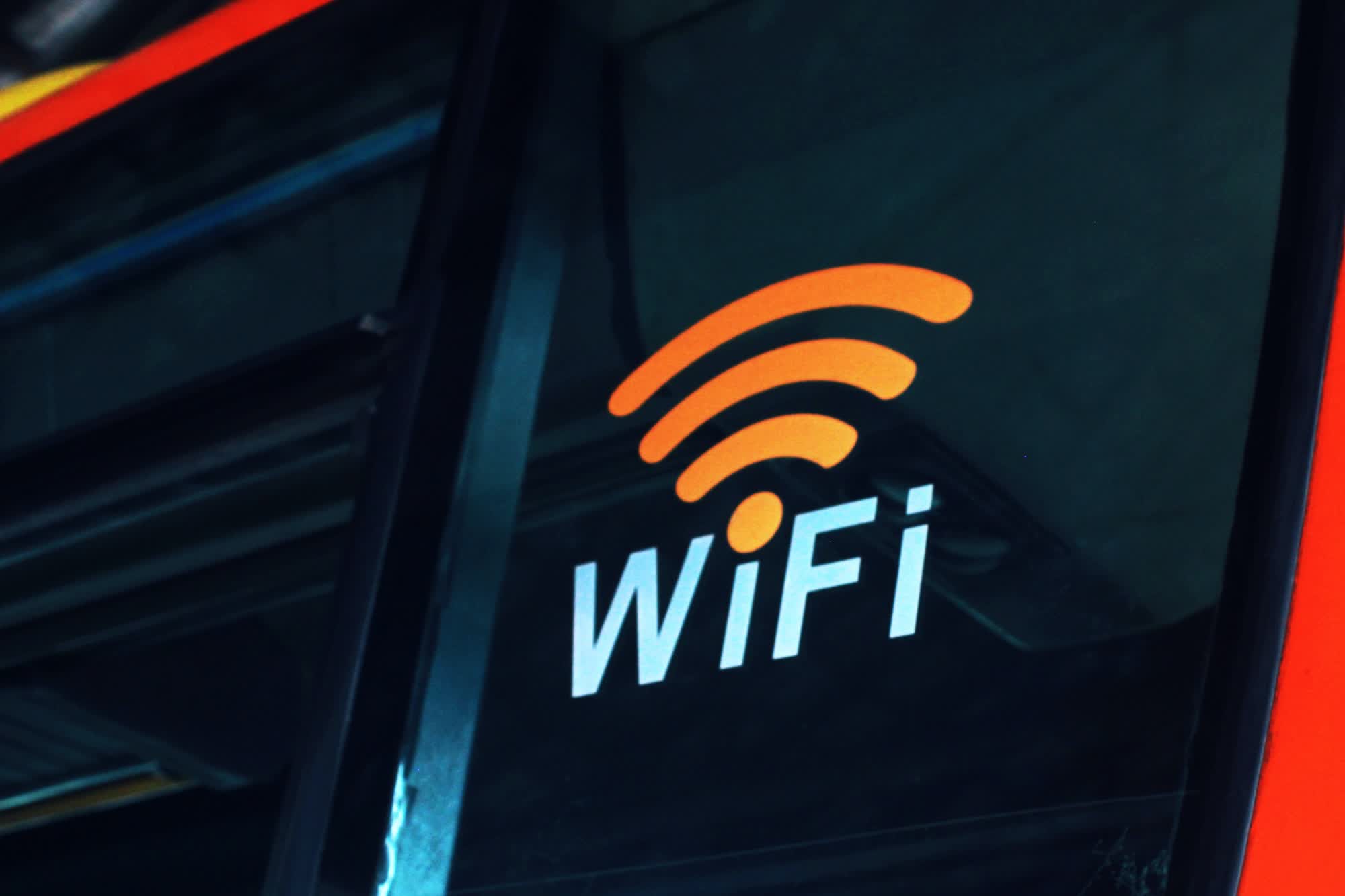Forward-looking: Commercially known as Wi-Fi 7, the "Extremely High Throughput" (EHT) IEEE 802.11be wireless standard is now ready for deployment in consumer devices. The Wi-Fi Alliance is introducing the Wi-Fi Certified 7 program, ensuring that the new Wi-Fi 7 features are properly implemented in routers and other networking devices.
The non-profit organization that owns the Wi-Fi trademark has just announced a new certification plan for Wi-Fi 7. As new use cases for wireless networking emerge across various industries, the Wi-Fi Alliance is prepared to offer its quality stamp to device manufacturers.
According to the Wi-Fi Alliance, the IEEE 802.11be technology will enhance performance and connectivity in home, enterprise, and industrial environments. Wi-Fi 7 introduces innovations such as high throughput, "deterministic" latency, and increased reliability for critical wireless traffic. The Wi-Fi Certified 7 program represents the result of extensive collaboration among members of the Wi-Fi Alliance.
The organization explains that Wi-Fi 7's advanced features include ultra-wide 320 MHz channels, available in countries that make the 6 GHz band accessible to Wi-Fi. This can double today's widest channel size, providing "multigigabit" speeds. Furthermore, the Multi-Link Operation (MLO) feature allows Wi-Fi devices to transmit and receive data simultaneously over multiple links (in different frequencies), leading to increased throughput, reduced latency, and improved reliability.
Wi-Fi 7 incorporates 4K QAM, with "QAM" referring to quadrature amplitude modulation, a type of digital modulation method. This technology achieves 20 percent higher transmission rates compared to 1024 QAM. The 512 Compressed Block-ack feature enhances efficiency and reduces overhead, as stated by the Wi-Fi Alliance. Additionally, further optimizations and improvements increase flexibility for spectrum resource scheduling, uplink access, and sustained quality of service in Wi-Fi access networks.
The Wi-Fi 7 standard is specifically designed to cater to emerging use cases for high-performance wireless connectivity, including multi-user virtual and augmented reality experiences (AR/VR/XR), immersive 3D training, gaming, hybrid work, industrial IoT, and automotive applications. The Wi-Fi Alliance anticipates rapid adoption of this new technology, with support for over 233 million devices expected by the end of 2024.
The Wi-Fi 7 market is projected to grow to 2.1 billion devices by 2028, according to the organization, with smartphones, PCs, tablets, and access points (AP) serving as the earliest adopters of the technology. Wi-Fi Certified 7 will assist companies in ensuring that Wi-Fi 7's advanced features are consistently deployed, providing customers with high-quality user experiences.
